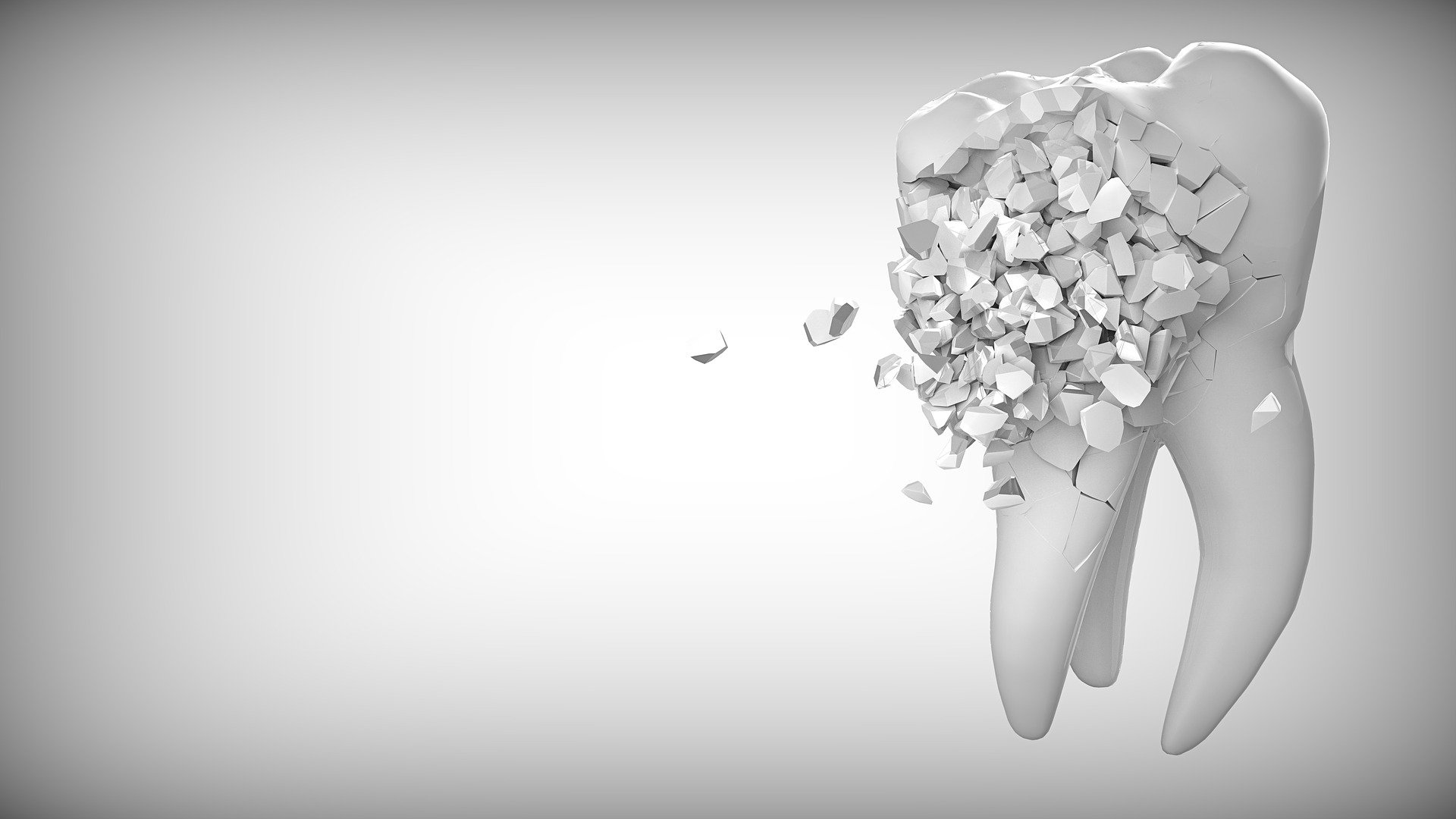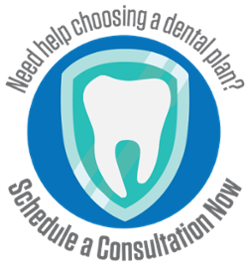By Tim Fitzgerald on Jul 10, 2020 @ 11:00 AM
One of the most common (and most unsettling) nightmares people have are dreams where their teeth fall out. While this dream probably isn’t directly related to your oral health, it can be a little traumatizing and might leave you asking some questions about your mouth. And if you have a preexisting dental condition like grinding your teeth, you might ask yourself – “can grinding cause my teeth to fall out?”
The short answer is probably not – at least not like your nightmare. Bruxism, also known as teeth grinding, is the medical condition of unconsciously grinding your teeth during the day or while you sleep. It can cause a variety of oral health symptoms. If you have severe bruxism and let it go untreated, it can damage your teeth by wearing down the enamel, cracking your teeth, or even causing them to come loose. Some of the common symptoms of bruxism include:
- Headache
- Toothache
- Jaw pain
- Trouble opening your jaw
- Loose or cracked teeth
But don’t let that scare you! It is highly unlikely that your teeth will become loose enough to fall out before you can see a dentist. There are a number of treatments for these symptoms, including loose teeth, such as wearing a mouthguard or tooth splint to help protect the loose teeth while they heal. If you are experiencing loose teeth, you should see your dentist immediately, as there are causes outside of bruxism such as gum disease or infection that could be putting you at risk of losing a tooth.
With all that said, the more common symptoms of bruxism (headache, toothache, jaw pain, and enamel loss) can have just as serious an impact on your oral and overall health as tooth loss. Aside from chronic headaches and toothaches, grinding your teeth can lead to severe enamel loss that could require dental implants or veneers to restore your smile after you treat your teeth grinding.
The chances of your teeth falling out due to bruxism are pretty slim – but the more common symptoms can be just as serious for your health. Be sure to take care of your oral health by brushing and flossing daily and getting your regularly scheduled cleanings and exams. Seeing your dentist regularly is the best way to diagnose bruxism early! If you’re in need of a dental insurance plan before your next appointment, click the image below!





comments